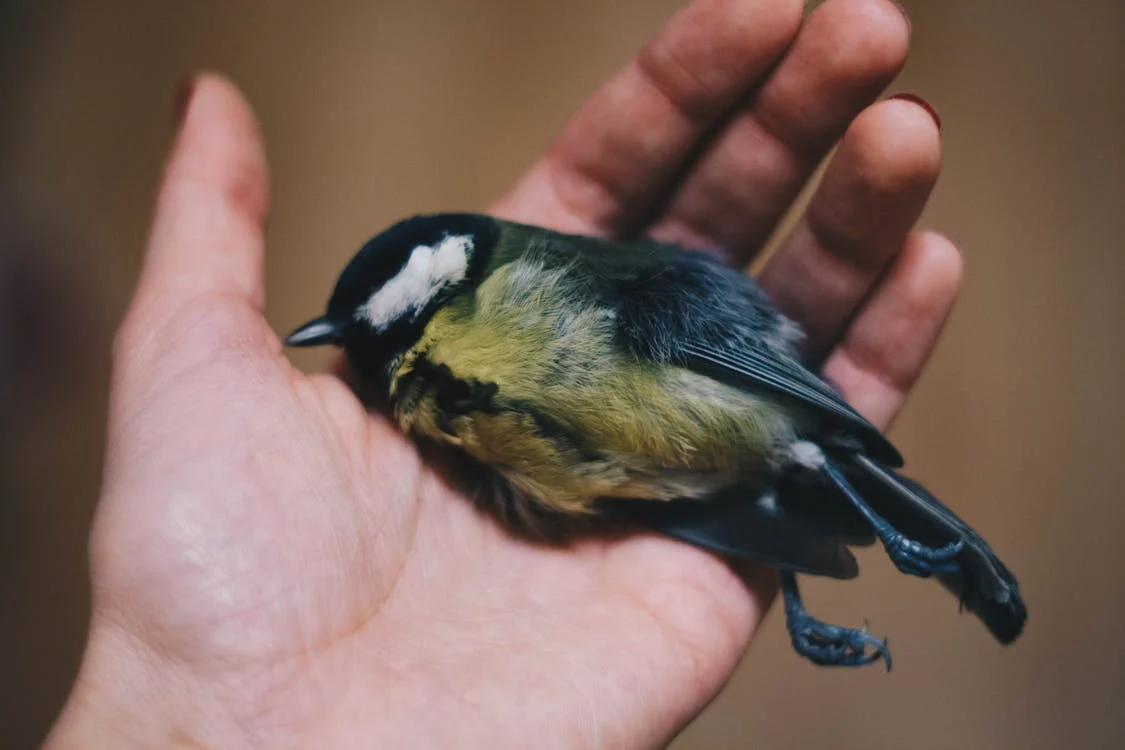5 Signs Your Pet Bird is Sick
That’s because bird are tightly wired to mask illness, a survival tactic to avoid showing weakness in the wild. But that makes it harder for pet owners to see just when something isn’t right.
Being a birds owner means being aware of the early signs of illness and how to respond, which can make a crucial difference in your bird’s health.
This article describes five signs that your pet bird is sick and what you can do to help.
Changes in Appetite or Weight
One of the most evident signs of sickness for birds is a visible change in their eating or drinking activities.
When your bird suddenly stops eating or is eating less food and not laying into their favorite foods, there could be a problem. Excess water consumption could also be an indication of other issues such as kidney disease or diabetes.
How to Help:
Step 2: Observe Food Consumption:
Make sure that you are aware of how much your birds eats daily
Weigh Them:
Make a habit of weighing your birds often with a gram scale. A big red flag is extreme weight loss.
See a Vet:
If changes in appetite are prolonged, visit an avian vet for a full check-up.
Puffed-Up Feathers and Lethargy
Birds puff up their feathers as a way to help regulate their body temperature, but if they remain poofy for extended periods of time, it can be a sign that they are ill.
Sick birds may also seem less active, sitting often at the bottom of the cage or perched up with drooping wings.
How to Help:
Keep the cage out of drafts and heat lamp on.
Be Encouraging:
Lower noise and distractions in their environment to reduce stress
Mild Fluffing and Lethargy:
Prolonged lethargy or fluffing is an emergency and you should see a vet.
Changes in Droppings
Normal birds poop has three parts: feces (solid), urates (white) and urine (liquid).
An alteration in droppings color, consistency or frequency Can indicate digestive disorders, infections or organ diseases. For example:
- Green Droppings:
- May be a sign of liver problems
- Loose Droppings:
- Could indicate diarrhea or stress.
- Undigested seeds:
Suggests a digestion problem.
How to Help:
Notice Patterns:
Keep track of any differences in your bird’s poop for several days.
Clean the Cage:
Regular cleaning allows you to keep an eye on droppings and prevents infections.
Consult a Vet:
Take a sample of the droppings to your veterinarian for analysis.
Respiratory Distress
Birds with respiratory distress may demonstrate tail bobbing (the rhythmic wash of up and down movement of the tail during respirations), wheezing, nasal discharge, or spasmodic inhalation and exhalation.
These symptoms may be due to an infectious process, an allergy, or contact with environmental irritants, such as smoke or fragrances.
How to Help:
Keep the Air Clean:
Avoid irritants in your bird’s environment, like aerosol spray products and scented candles.
Moisturize the Air:
In dry seasons, a humidifier can help you breathe better.
Get to an Avian Vet:
Respiratory distress is a very serious condition and must be evaluated by an AV(veterinarian).
Behavioral Changes
An atypical behavior that can be exhibited by a sick bird is lethargy, aggression, or lack of interaction.
They might even pick at their feathers or seem uninterested in things they normally like to do.
How to Help:
Watch and Learn:
Over the course of several days, study your bird’s behavior for any patterns.
Doffers a Stress-Free Environment:
Place the cage in quiet surroundings to reduce anxiety.
Consult an Expert:
Changes in behavior often need professional intervention as they’re usually caused by physical discomfort or psychological stress.
Things You Should Do When Your Bird is Unwell
Quarantine:
Separate out the sick bird from all other pets to limit spread of disease
Hydration:
Make sure your bird has fresh, clean water available for drinking.
Keep Them Warm:
Birds may become cold when they are sick—so it’s good to keep their environment warm.
Contact a Veterinarian:
If you suspect your bird is sick, always consult an avian vet. Early diagnosis and treatment are the keys to recovery.
Step #5: Bird Wellness Prevention
Proper Diet:
Provide your bird with a diet that is species-specific and high in nutrition.
Maintain a clean environment:
It is important to regularly clean the cage, the perches, and the feeding dishes to avoid infections.
Annual Health Check-Ups:
Book yearly health check-ups with an avian vet.
Stress Reduction:
Do not make drastic changes to routine or environment that could stress your bird out.
Final Thoughts
To care for pet birds properly: it’s important to understand the early signs of illness. If you watch for their behavior, looks, and habits you can catch potential problems early and get them professional assistance.
There’s a lot you can do that’s preventative keeping a clean, low-stress environment and providing a healthy diet will do wonders for your feathered friend’s happiness and health.
If you spot any of these signs, move quickly and get them to a vet.
Your prompt action may make all the difference in getting your bird back to health.
